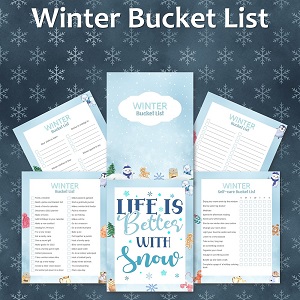Cold and flu season can be daunting for those who find themselves catching every cold or virus that comes along. If you think you get a disproportionately large number of colds, or just want to be better prepared for the wintertime bugs, there are some things you can do to boost your cold and flu defense. Here are some ideas:
1. Eat well. Your diet is the number one means by which you can build your immune system. It is a bit more challenging in the fall and winter without the abundant summer produce, but there are still plenty of vegetables and fruits that are available in the fall and winter. Broccoli, greens, citrus fruits, and squash are just a few. Frozen vegetables and fruits are a healthy option, too.
2. Make sure good bacteria are part of your diet. Supplement with probiotics if possible. Yogurt, miso, and other foods with “live and active cultures” help keep you immune system in top shape. Those good bacteria are key components of your immune system, attacking and destroying pathogens.
3. Echinacea is a time-honored herb that boosts the immune system. It’s also quite well-known, but don’t let that stop you from trying it. Echinacea should not be taken all the time, however – it loses its effectiveness after a few weeks. The best way to give your immune system a lift with echinacea is right at the onset of cold symptoms, or after you have been exposed to someone who is sick. Then take it for no more than a week or two. Look for echinacea supplements or tinctures that are made from the root or the root and aerial parts combined.
4. Astragalus is a lesser-known but very effective immune-enhancing herb. It has been used in Chinese medicine for centuries. It is particularly effective against flu. You can take astragalus throughout the cold and flu season, or when you feel illness coming on. The sliced root simmered in water is the traditional Chinese way to take this herb, but it is also available in tinctures and capsules.
5. Ginger is an herb you probably have in your kitchen. Dried will do, but fresh ginger root is even better. Ginger is affordable and has anti-viral and anti-inflammatory properties. Grate a tablespoon or two, pour boiling water over the grated ginger, steep for 10 minutes, and enjoy with a little raw honey. You can drink ginger daily if you like.
6. Garlic is another common kitchen herb that helps stave off colds and flu. If you are familiar with “garlic breath” then you know that this potent herb likes to reside and release its active compounds in the respiratory tract – right where you need it during cold and flu season. Garlic supplements and fresh garlic are both effective.






